In an exclusive interview with SaudiTimes, Désirée Kaiser, a consultant specializing in international politics and socio-economic research, shares her fascinating insights on the remarkable changes underway in Saudi Arabia.
With a background in Islamic studies, Arabic translation and interpretation, and Egyptology, Kaiser delves into the profound socio-economic transformations in the Kingdom. She also discusses the shifts and continuities in the German perspective towards Saudi Arabia. Read the interview to discover what makes the modernization of Saudi Arabia so captivating.
Q: What motivated you to become so interested in Saudi Arabia's modernization?
A: When the Saudi Vision 2030 was announced, I was in the middle of my master's program in Arabic language and translation at the University of Bonn. In this program, only Arabic is spoken, media is discussed, and the society and culture of the Near and Middle East are covered.
When the Saudi Vision was announced in 2016, German media—if they covered it at all—reported on the robot Sophia, who ended up becoming the first machine to receive Saudi citizenship. This news captivated me, and I wanted to learn everything about the story behind the robot. I did a lot of research, read Arabic articles, and eventually discovered the ambitious future strategy of Saudi Vision 2030. From that moment, I was clear that I wanted to focus on Saudi Arabia's modernization strategy.
Q: What is generally known about Saudi Arabia in Germany?
A: The question should be: What is not known about Saudi Arabia in Germany? Which is quite a lot!
That robot Sophia initially led me to think about the perception of human rights in Saudi Arabia if even a robot is granted citizenship. That led me to ask questions about how the royal family responds to oil scarcity, and what is the influence of Wahhabism?
To put it briefly, Saudi Arabia was mainly associated with three things: oil wealth, secrecy, and wealth.
Certainly, the secrecy of the country was supposed to be broken with the Saudi Vision. After my master’s thesis (on Saudi Arabia's detachment from oil and transition to renewable energy), I pursued a doctorate on this topic.
It was important for me to focus on the social transformation that is emerging due to the long-held demand for modernization. After the announcement of the Saudi Vision in 2016, these openings were increasingly discussed in the West: the driving license for women from 2018, the reopening of cinemas, and the hosting of concerts were all topics of discussion. My work came at exactly the right time!
Q: What was the focus of your doctoral thesis?
A: My work specifically deals with concepts of modernization in Saudi Arabia. It was important for me to highlight the non-European character of this modernity. I wanted to show how the current socio-economic developments (the diversification of the economy and the transition from oil, the expansion of the entertainment and tourism sectors) reflect modernity and how society in Saudi Arabia—especially when it comes to women—is changing.
Q: So what impact do women have on Saudi Arabia's modernization?
A: The Saudi woman is the engine of modernity! Progress is not only measured by her but is also particularly visible in her. Women have always enjoyed high regard in Saudi Arabia, both as guardians of Saudi values and as proud representatives of the Kingdom.
Since the 1960s, girls' education has been promoted, and it must be said that more women than men have high university degrees in Saudi Arabia.
Saudi female writers first published poems about their private lives in the 1980s, breaking a taboo as the private sphere had previously been hidden. We can observe current modernization in women's lives through Saudi female directors like Haifa Mansour, who even works in the horror genre, cyclists, and the Saudi women's football team. However, there is still much to be done.
Q: How has the view of Saudi Arabia in Germany changed since the announcement of the Saudi Vision?
A: Well, first of all, the rapid transformation of the Kingdom has been discussed in the media: suddenly, a long-closed Kingdom opens up to the world and presents itself not only with a more moderate Islam, as evidenced by the disempowerment of the religious police, but also by the lifting of the abaya requirement, which made headlines in the West.
For the first time, tourist visas are being issued, and Saudi Arabia presents itself as an Eldorado of future visions: nothing seems impossible, and the current mega-projects in NEOM are attracting international attention.
Saudi Arabia is not only breaking away from the long-established image of an oil state by presenting these net-zero planned cities powered by renewable energy. The Kingdom is also presenting itself as a host of sports and cultural events of international significance. Take Formula 1, the planned city of Trojena in NEOM, which will host the Asian Winter Games, and Saudi Arabia as a very likely host of the 2034 World Cup.
However, these are still superficial views that do not provide deeper insight into the lives of the people. What impact do these economic and political strategies have on Saudi society?
Q: How do you answer that question?
A: First of all, it is important to emphasize that all current development strategies within the framework of the Saudi Vision are state-formulated goals that contribute to the diversification of the economy. Saudi Arabia had already undertaken initial efforts to broaden its economy and detach itself from the finite resource of oil well before 2016. What is new, however, is the opening of the Kingdom and the image that is now being presented internationally.
But what does this image do to an extremely young society, the majority of which is under 30 years old? Firstly, it instills new self-confidence and pride in the Saudi identity. In Germany, it may seem strange when—despite the lifting of the abaya requirement—a garment is still worn. But this shows the pride in, and strong identification with, Saudi Arabia.
Driving has partly become a sport for women, and the feeling of being able to drive oneself, not having to rely on a driver, and being able to travel freely and without accompaniment is an enormous progress that cannot be emphasized enough.
However, it remains critical for whom these large-scale mega-cities are ultimately built. And whether the planned projects have a direct impact on Saudi society when we talk about job creation and the general question of who will live in the future cities. It remains to be seen to what extent the goals of the Saudi Vision will be implemented or whether they will be postponed. We will soon hear about a corrected Saudi Vision 2040, I am sure.
About Désirée Kaiser
Désirée studied Islamic studies, Arabic translation and interpretation, and Egyptology in Bonn. She works as a consultant in the field of international politics and research, her research focusing on the socio-economic changes in Saudi Arabia and the Gulf region, as well as sustainability and modernisation.
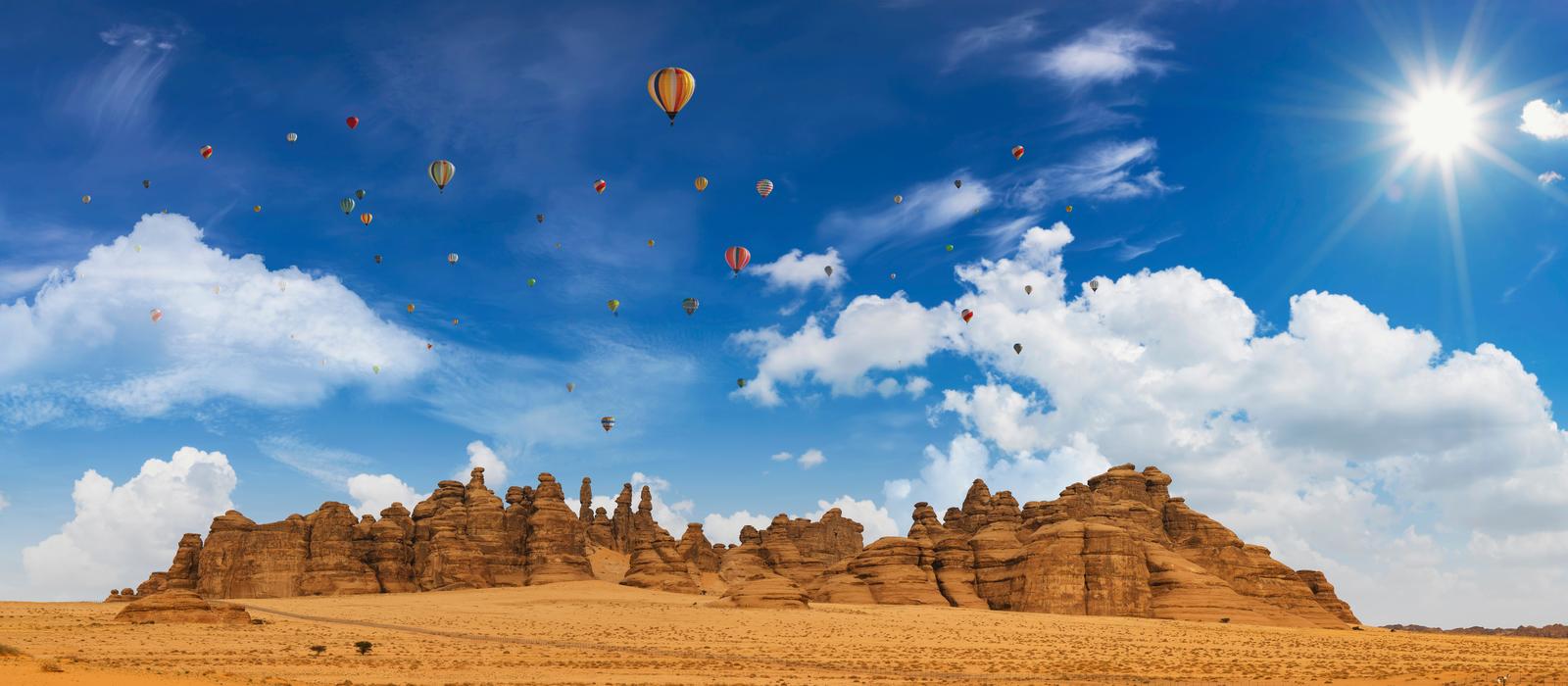
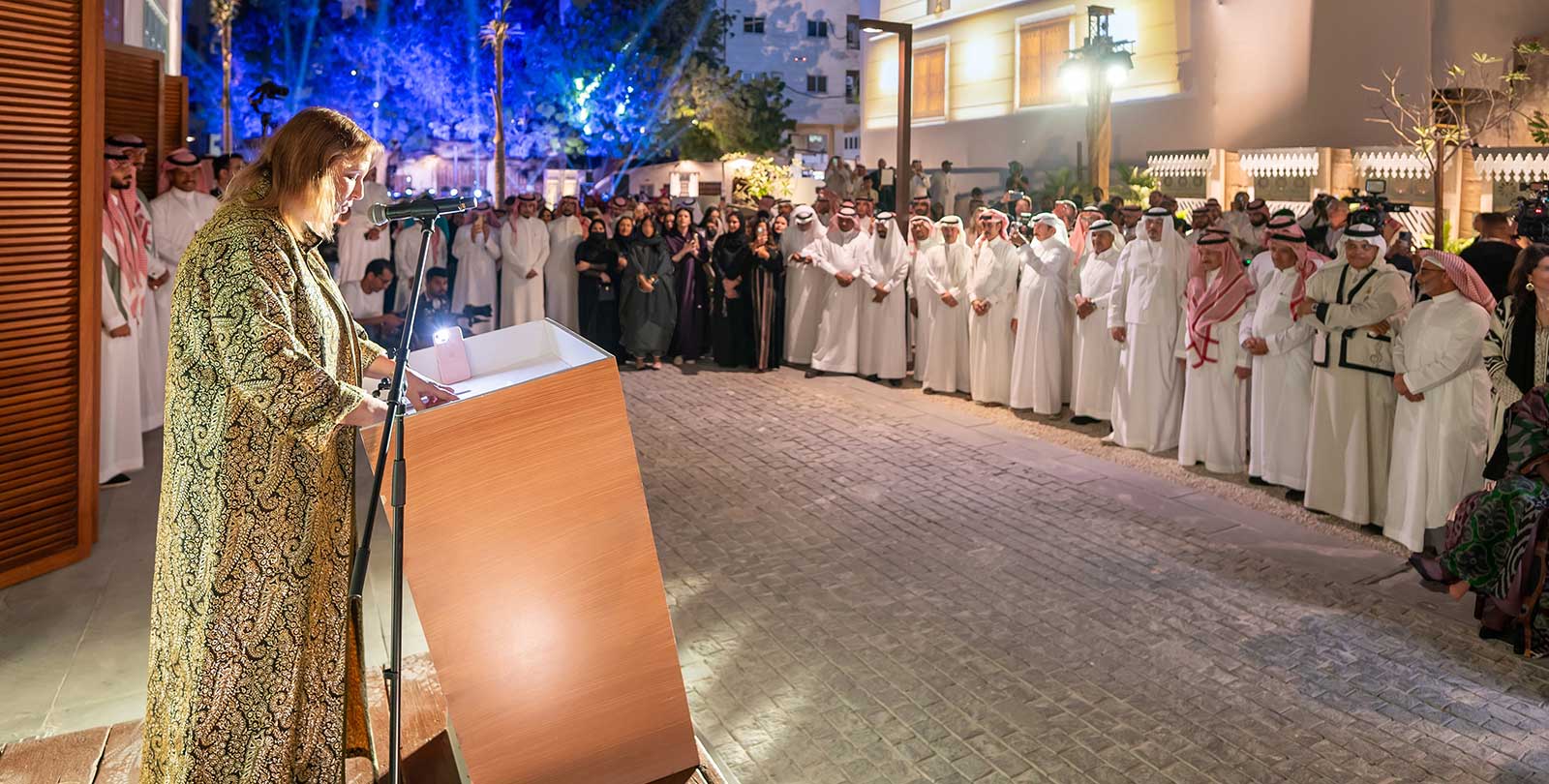
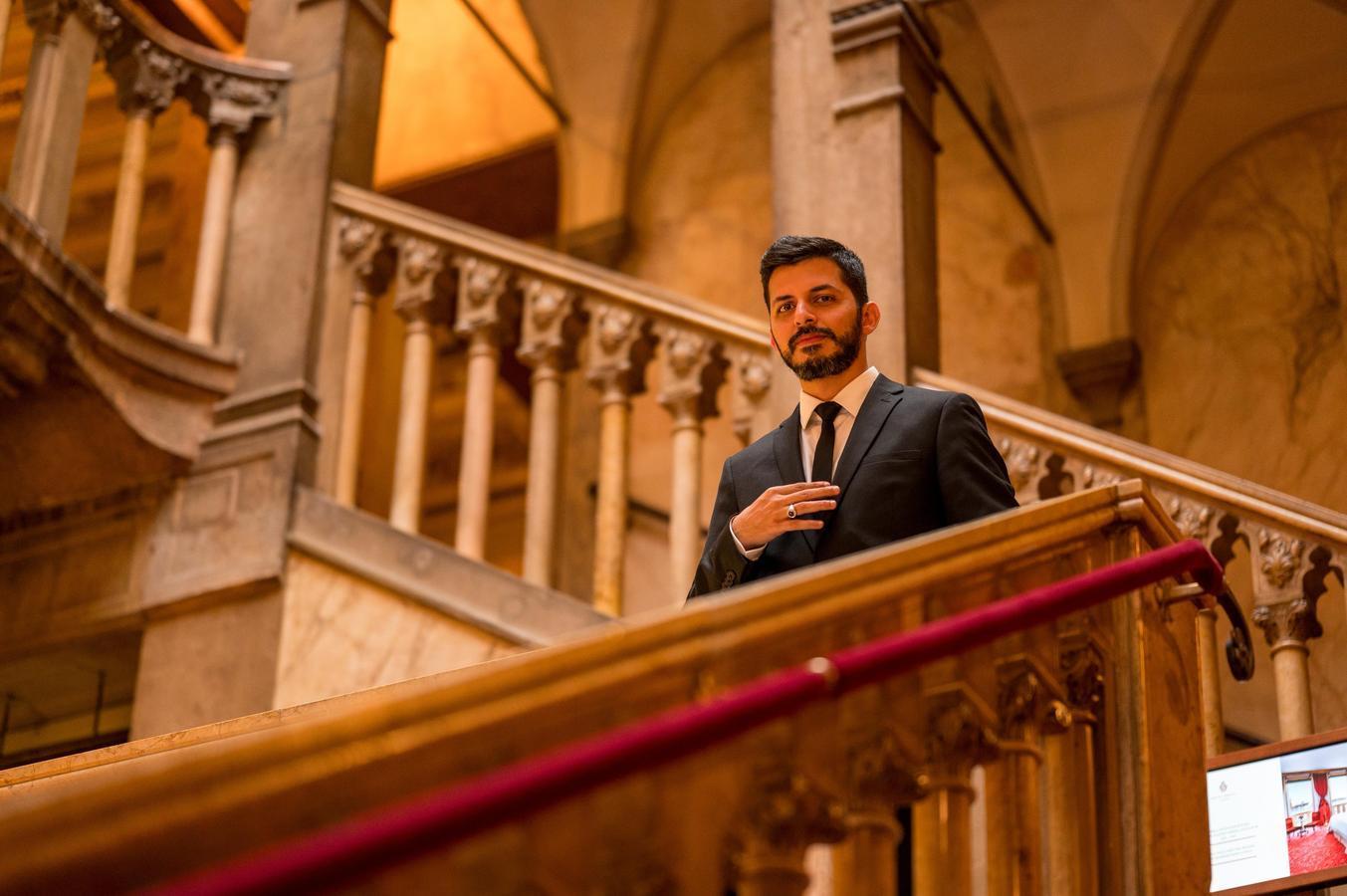
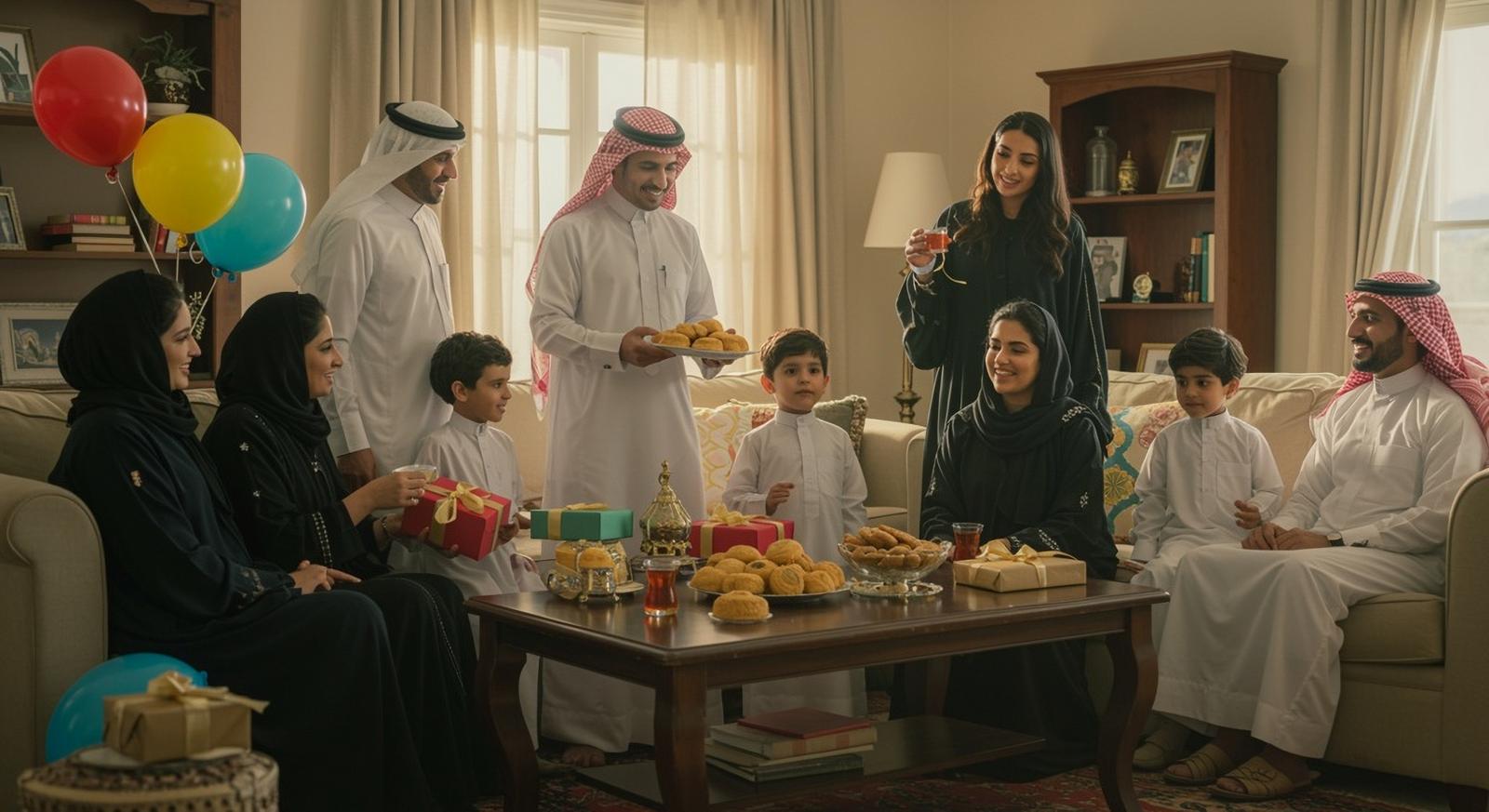
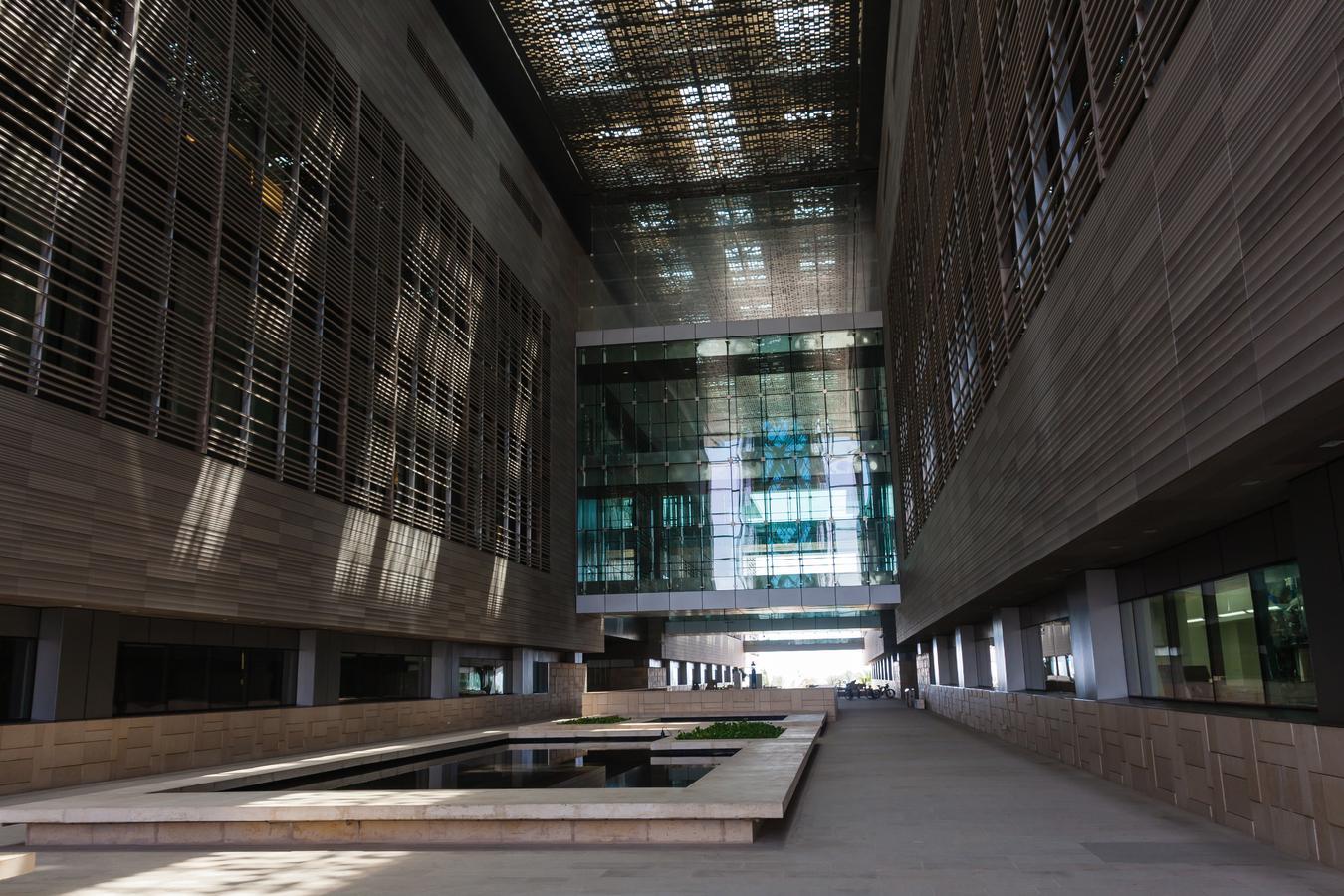
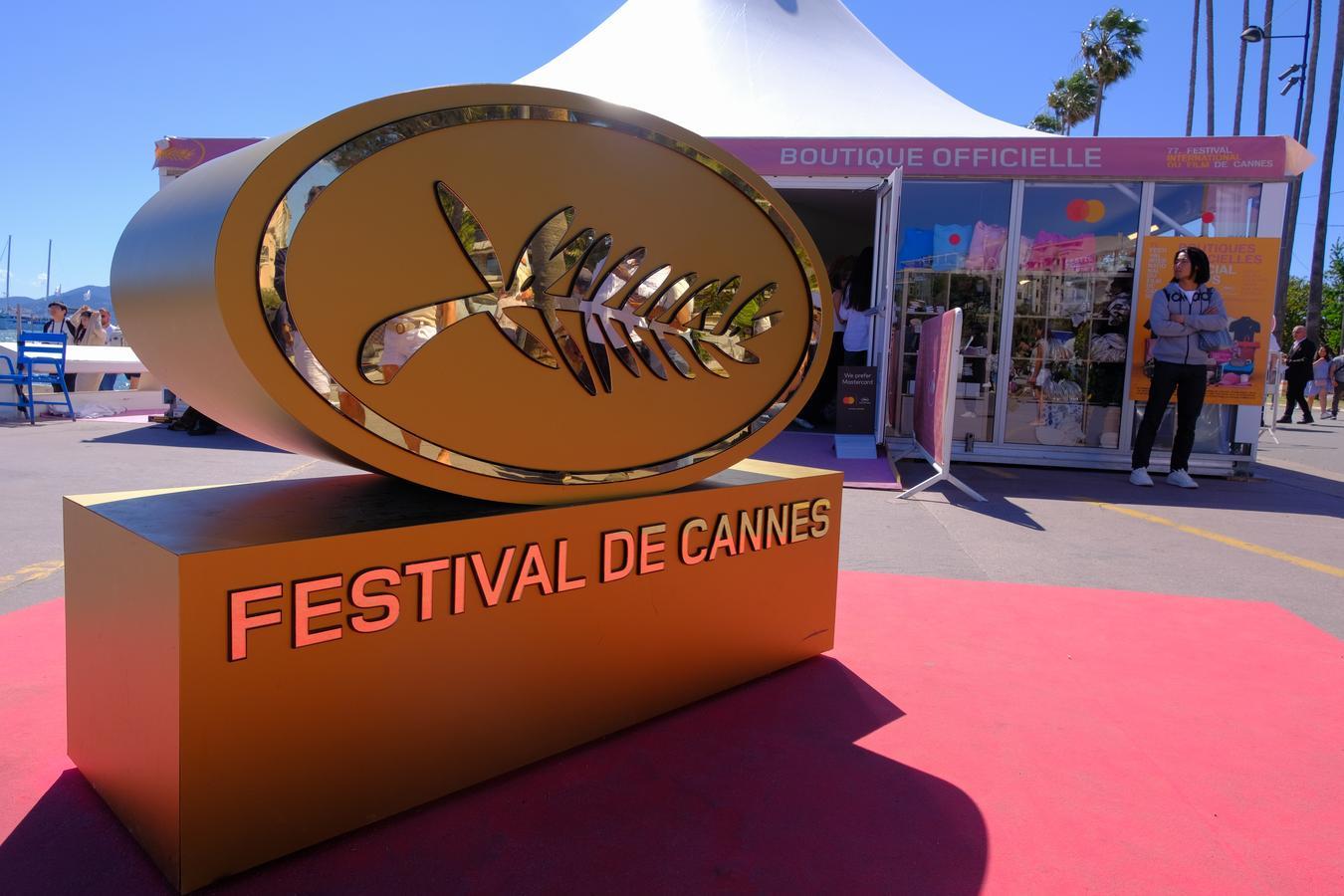
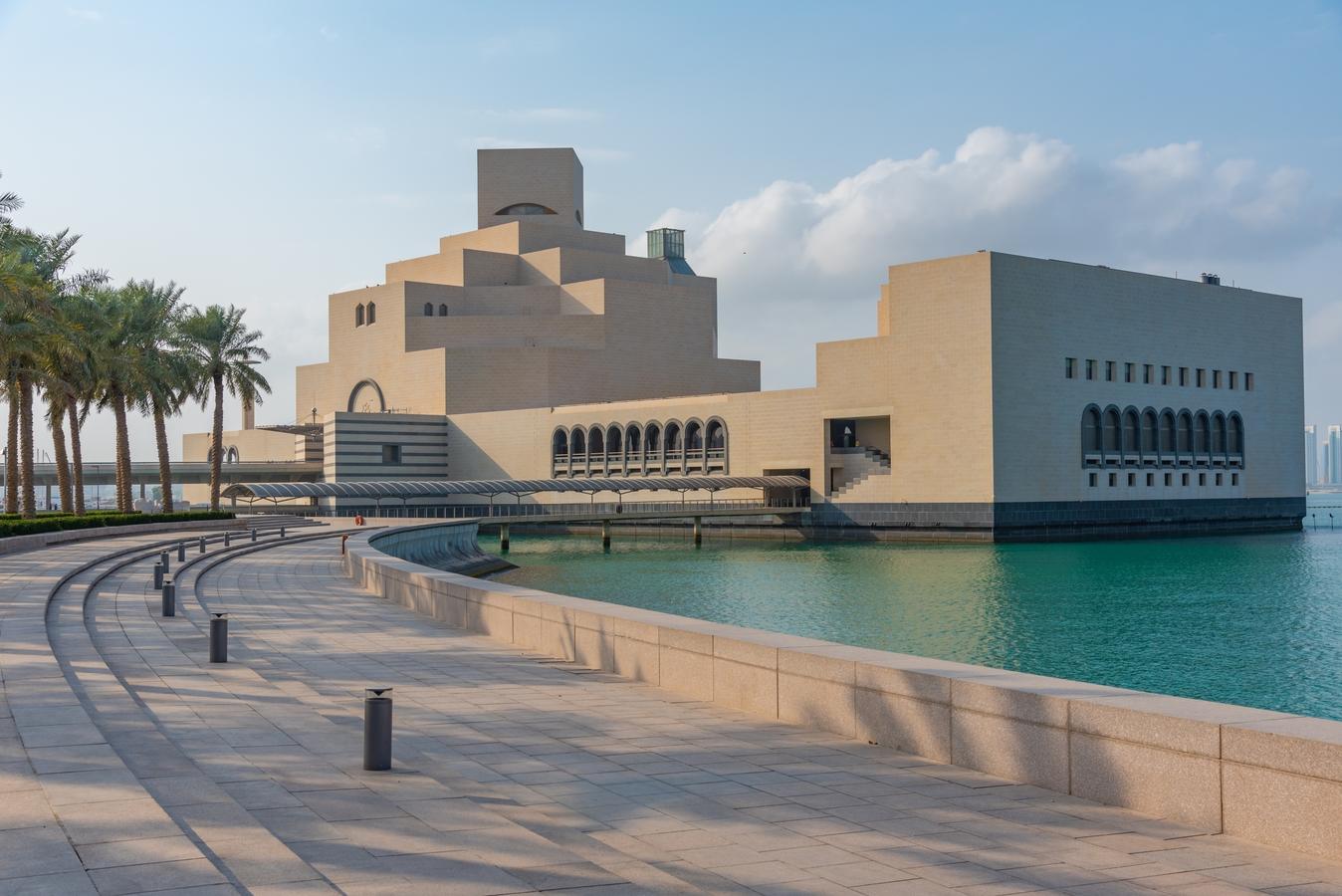
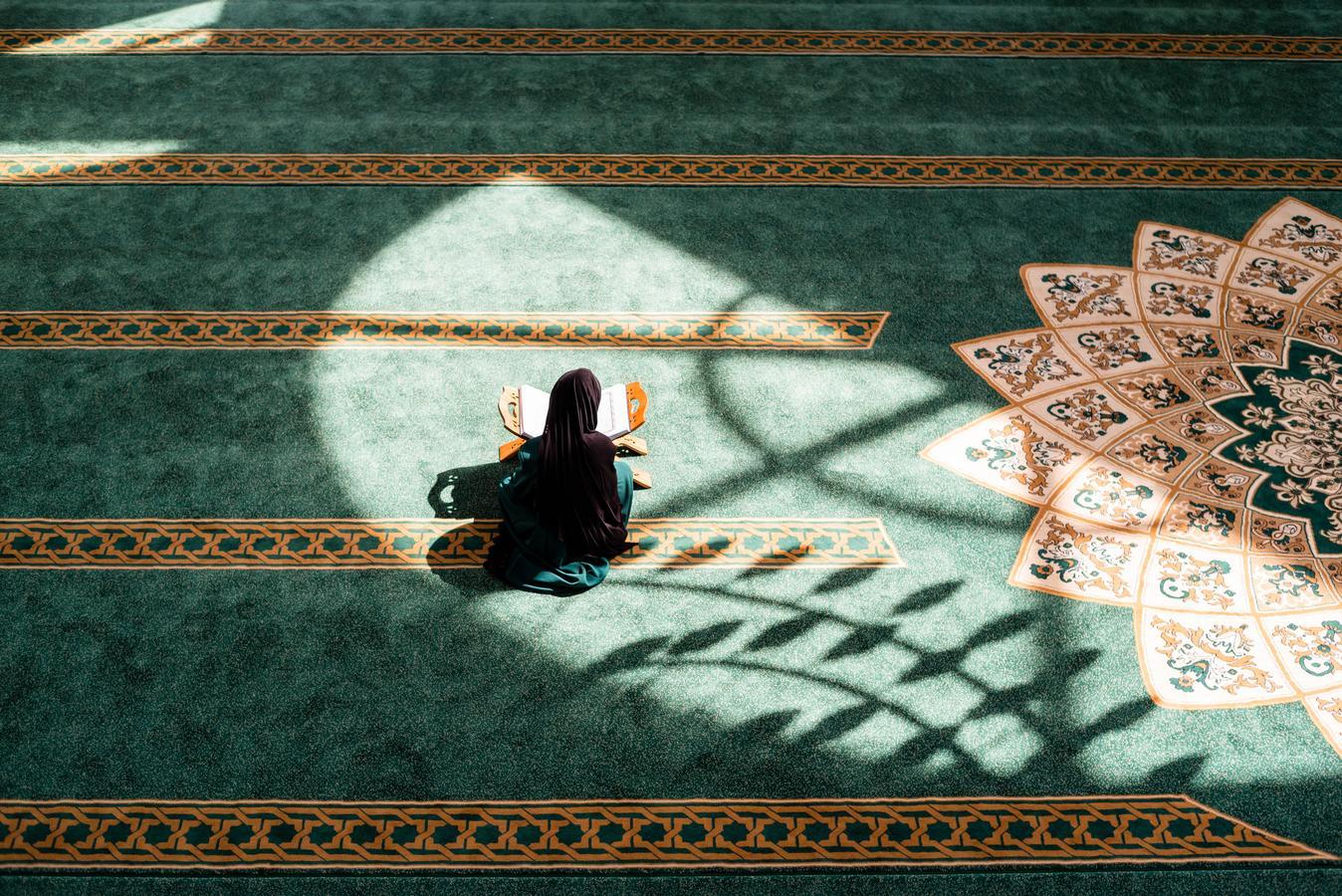
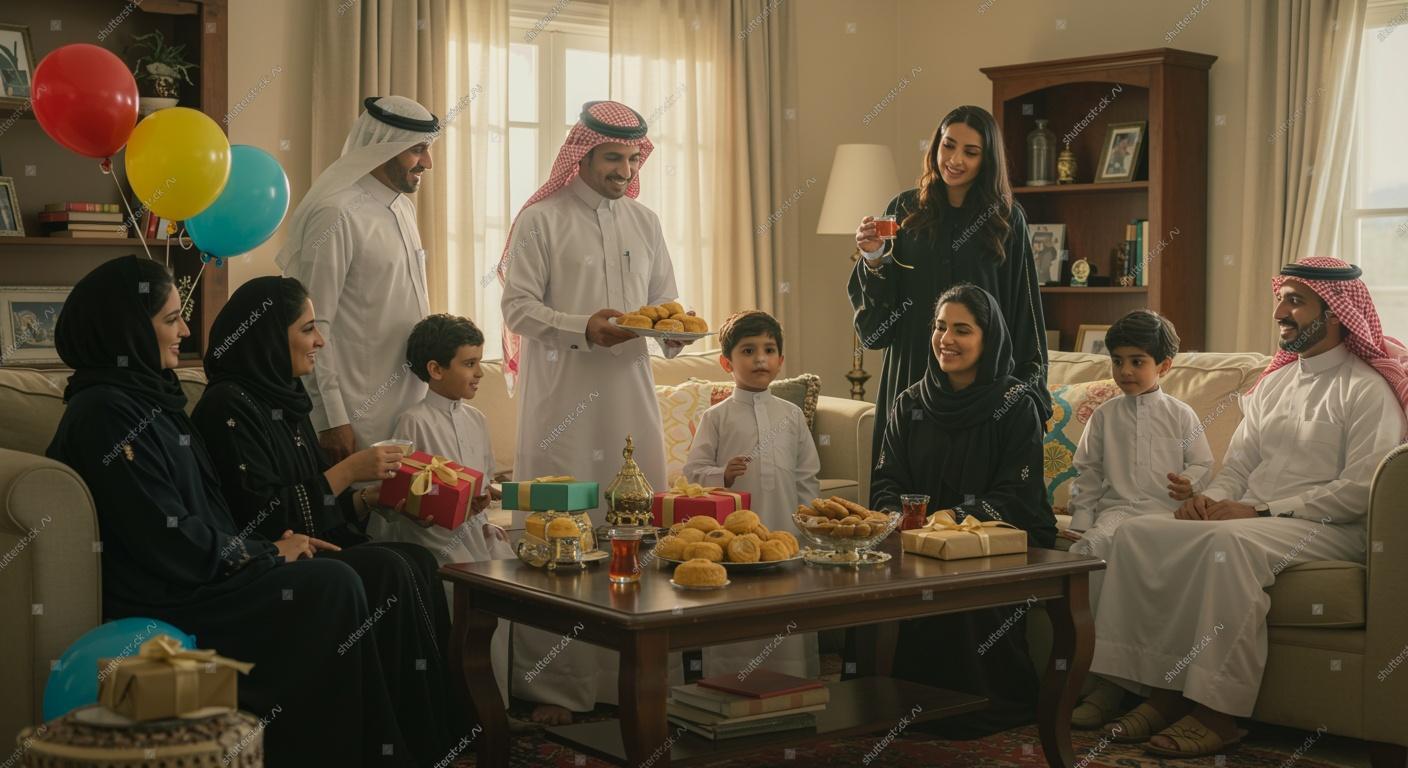
0 Comments
No comments yet. Be the first to comment!